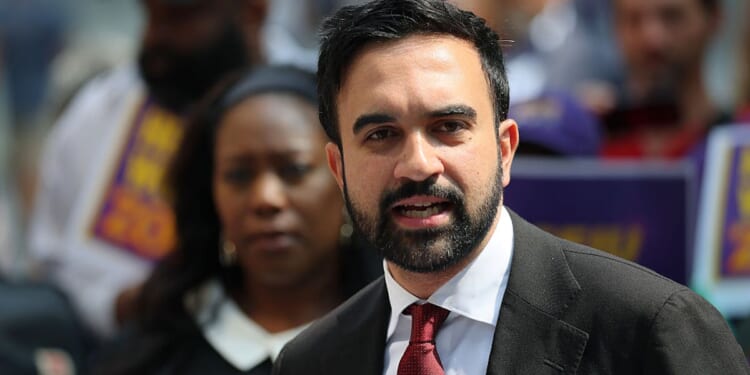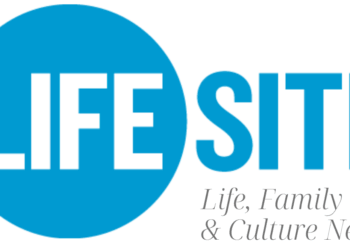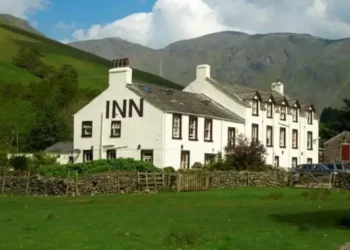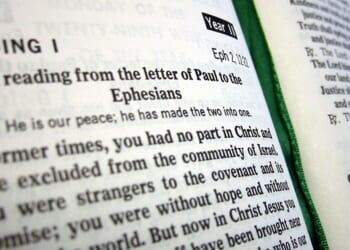America is watching with anxious anticipation as New Yorkers head to the polls, likely to install socialist Zohran Mamdani as the city’s next mayor.
Since his shocking primary victory this summer, Mamdani’s candidacy has become a national story, with Americans wondering if the young radical represents a new direction for the national Democratic Party. And while Mamdani’s socialism and views on Israel are certainly cause for alarm, the policies he’s proposing for New Yorkers are just as shocking, though often overlooked.
That’s why we asked Jane Menton, a lifelong New Yorker, to write about one Mamdani-backed policy that has New Yorkers on edge. Local Law 97 would force most buildings to “reduce emissions” by 2030, an expensive flight of climate fantasy that could price middle-class New Yorkers out of their homes. The policy, which Mamdani has pledged to enforce without mercy, is reminiscent of Biden-era climate policies that would have forced Americans to shoulder the burdens of climate extremists.
America may have moved on from these policies.
***
It’s Election Day in New York, and Zohran Mamdani, the socialist assemblyman from Queens, is almost certainly going to be the next mayor. But on his home turf, residents are terrified of the policies he supports.
Among those policies is Local Law 97, which will require over 50,000 buildings to reduce emissions 40% by 2030 and 80% by 2050. For large buildings, full compliance requires full electrification and millions of dollars in renovations. The alternative is to pay hundreds of thousands or even millions of dollars in annual penalties.
And here’s the kicker: even if buildings follow through with electrification, at tremendous expense, there is currently an inadequate electricity supply to support the electrification mandates, and the city has no credible plan to provide it.
Mamdani has pledged to enforce the law fully, with no adjustments. To him, Local Law 97 is about “taking on the real estate industry” and achieving “climate justice.” As with most of Mamdani’s policies — free buses, city-run grocery stores — the feel-good messaging ignores residents who are concerned about their quality of life.
The law “is an existential threat for New York’s co-op and condo owners,” former New York Lieutenant Governor and Save NYC cofounder Betsy McCaughey said. “It will massively increase the costs for them to keep their home, while endangering the solvency of their homeowners’ associations. It may ultimately trap them from being able to sell their apartments as the market crashes and liens are placed against their developments for the unpaid conversion costs.”
“This will financially destroy these middle-class homeowners and any dreams they may have had for a comfortable retirement.”
On the eve of the election, 150 Queens residents gathered in the courtyard of Glen Oaks Village to oppose Local Law 97. Undeterred by the chilly, overcast weather, they warned their fellow New Yorkers that the radical climate policy could force them out of their homes.
One of the speakers was Alicia Fernandez, the treasurer of a 726-unit apartment building in Mamdani’s state assembly district. “We had a full feasibility study done for our building, and the costs came to 60 million dollars for our 726 apartments. That is $60,000 per one-bedroom and over $125,000 for our three-bedroom units.”
The looming implementation of the law has Queens residents on edge.
“People don’t know if they can send their children to a certain college,” Fernandez said. “Should they reduce their 401(k) contributions? Can they afford to help their parents when their parents need help? Their lives are affected by this on a daily basis.”
Glen Oaks, a middle-class apartment complex with 2,904 units and over 10,000 shareholders, is representative of the hundreds of thousands of residents facing this crisis. Bob Friedrich, the president of Glen Oaks, has been speaking out on behalf of his shareholders since Local Law 97 was first drafted in 2019.
“[Our buildings] remain the last stronghold of affordable middle-class homeownership,” said Friedrich, noting that Local Law 97 “threatens that affordability.”
“A clean environment and affordable housing is not a binary choice,” Friedrich noted. “You can have one without destroying the other. A mayor must understand this and unfortunately, mayoral candidate Mamdani does not.”
Mamdani’s campaign has largely revolved around New York City’s affordability crisis. Like his ally, Senator Bernie Sanders (I-VT), Mamdani loves stoking conflict between the rich and the poor, the landlords and the tenants. He presents New York City as a town of the haves and have-nots, and that narrative has propelled him to the national spotlight.
But it’s an incomplete picture. While progressive politicians love to present New York City as a town of the ultra-rich and ultra-poor, there are several neighborhoods — many of them in the outer boroughs Mamdani represents — where a middle class has been able to thrive. Members of that middle class say that Local Law 97, and politicians like Mamdani, hurt them by misrepresenting their concerns and ignoring their existence.
“You know what no one is talking about? We are New York,” said Fernandez. Mamdani “is pandering to renters, to young people under 35, and all he cares about are bike lanes. That’s all Mamdani emails me about.”
“He doesn’t care about the seniors. He doesn’t care about the vets. He doesn’t care about the generations who have supported our communities. We are the silent majority.”
No matter who wins Tuesday’s race, the fight over Local Law 97 will continue until lawmakers make adjustments, or else doom New Yorkers to impossibly high housing costs in the name of climate justice.
New York’s middle class is raising its voice. The city’s next mayor would do well to hear them.
Jane Menton is a Queens resident and the Director of New Yorkers for Affordable Reliable Energy.
The views expressed in this piece are those of the author and do not necessarily represent those of The Daily Wire.















